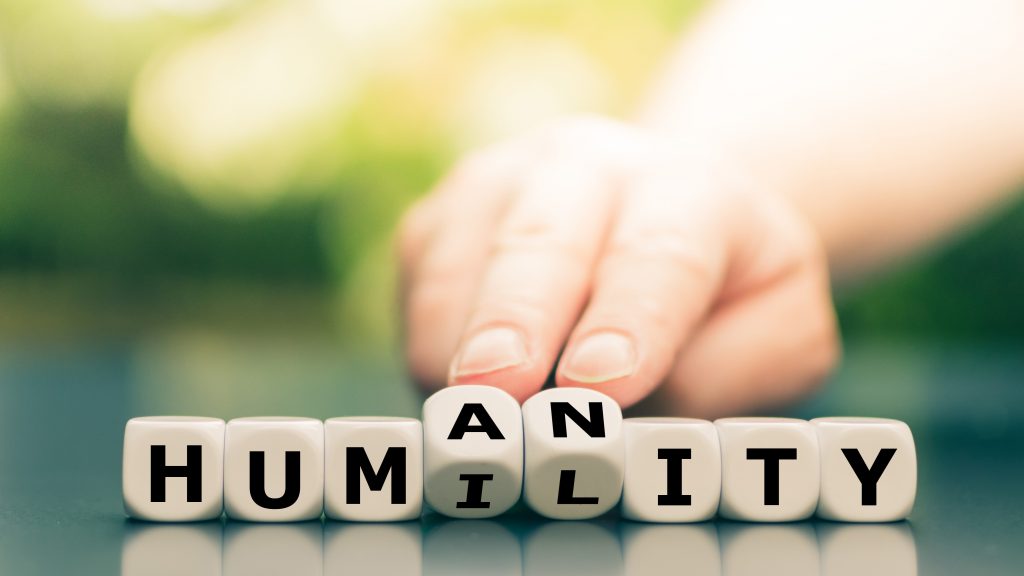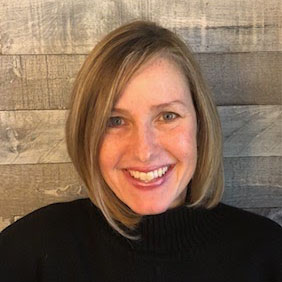
When the foundation of your faith tradition is abruptly shaken to the point of being severed, it can leave bitterness, cynicism, and trauma in its wake. And so it was for me–no longer identifying with the faith in which I was raised, yet humbled to find myself a member of the ICJS Justice Leaders Fellows. This irony wasn’t lost on me. As somewhat of an orphan, but still welcomed into a group focused on exploring the depths of understanding economic justice and empowerment through Jewish, Christian, and Islamic traditions. My faith lens has been altered, clouded by the scars of organized religion, but my heart and mind try to remain open to different perspectives. Initially, it was daunting–imposter syndrome still exists on a Zoom screen. Could I shake the skepticism or was I a hypocrite? Who was I amongst these scholars, community activists, and leaders, to delve into sacred texts and find relevance in the challenges facing our world?
I had questions.
Fortunately, the scholars facilitated answers through dialogue, insights, and indulged deeper questions. I was privileged to listen to the roles and lived experiences of participants who bear witness to the human cost of inequality in every arena from policy to direct service. Dialogues were filled with authentic and knowledgeable insights about systemic issues, along with acknowledgement of the incongruence and fallibility of our own perspectives. There were questions on moving from the universal truths of sacred texts to the particulars in practice and action.
One thing was certain: The unwavering commitment to a more just society by these leaders in capacity-building, lending, entrepreneurship, immigration, education, housing, and policy. The deep analysis and explanations of traditions reminded me of the best parts of faith–our common humanity, regardless of how we identify. I was drawn to the powerful symbolism seen in one of the slides–a diverse community standing shoulder to shoulder, pausing before prayer, trustees of the Earth and one another. Being proximate as a part of JLF, even through technology, has allowed me to feel connected to others. Shared passion and values around justice have been humbling, at times awe inspiring, and has sparked some hope buried in my own doubt.
Still, I had questions…
We were asked how our culture aligns with faith traditions and principles of economic justice.
- How do we purport to love thy neighbor… (Leviticus 19:18) with continued historical and present-day racial strife, white supremacy, and an increase in hate crimes?
- How are we called to eradicate oppression through our own Fard Ayn, if we are not connected to the resources and power to do so? In our polarized society, how do we leverage the collective Fard Kifayah?
- Is it possible to see distributive justice, as described in Islamic tradition (qist, mizan, wasat), –in America’s unbridled capitalism?
- As the top 1% and the economically advantaged hoard resources (Qur’an 7:85), co-opt schools, and skirt taxes while failing to pay a living wage, are we simply re-creating Sodom?
- How do we come to terms with the inequity, extravagance, and overspending (Q7:31) on full display, as rich boys hurl themselves into space for a few minutes of a million-dollar mission, while back on Earth, belongings are hurled onto sidewalks during evictions?
- How do we leverage change against corruption, ensuring policymakers and investors turn away from exploitation for their own enrichment and resist investment in things harmful for people and unlawful practices (Q4:29)?
I continue to have questions about how the beautiful guideposts of wealth belonging to God, of being our brother’s keeper, and the inherent dignity of work and all human beings could prosper in our capitalistic culture, which prioritizes profit over all else.
How does this understanding inform my work as a person using my agency to establish justice?
Agency is impacted by knowledge and the means: power, position, training, tools and access to resources. While I’m working towards “understanding,” I still struggle with the dichotomy between religious ideals and our mortal applications. I am not in a boardroom or a policymaker, but rather a mom, a former educator, and now a staffer.
How do I show up in spaces to effect change? What status quo do I continue to perpetuate? Can I clearly reflect on my biases, beliefs, and blind spots? How can I think/speak/act/live with justice every day?
Today I read emails and answered calls from a mother who is struggling to feed her babies, a family being crushed under medical debt, and a young man applying for rent relief only to be shut out because the funds dried up long ago. Resolving these issues is a temporary fix; nothing more than a band aid. What would our policies look like if the universal principles of economic justice were recognized and valued by decision makers? What if the tables of power and resources were turned?
After participating in the Selma-to-Montgomery march, Rabbi Abraham Joshua Heschel famously said that he felt as if “my legs were praying.” This resonates with me. While I no longer kneel in a church, I continue to pray by walking beside others. Sometimes that prayer is being silent, listening and learning. Sometimes it is speaking out, reading or connecting. Hopefully, it is consistently amplifying and centering voices of the community. Always, it is searching for understanding. Perhaps my faith journey will continue to spark more questions than answers, but I am grateful and have been inspired by the experience and people at ICJS.
 Maura Dunnigan is Chief-of-Staff for Baltimore County Senator Shelly Hettleman, and a member of the 2021 ICJS Justice Leaders Fellowship.
Maura Dunnigan is Chief-of-Staff for Baltimore County Senator Shelly Hettleman, and a member of the 2021 ICJS Justice Leaders Fellowship.
Baltimore is part of a national conversation around questions of justice, race, and community. Members of the ICJS Justice Leaders Fellowship consider how Jewish, Christian, and Muslim teachings and practice can contribute to the public conversation about (in)justice. Opinions expressed in this blog are solely the author’s. ICJS welcomes a diversity of opinions and perspectives. We do not seek a single definition of justice between or within traditions.